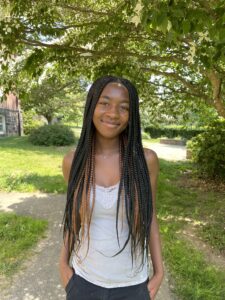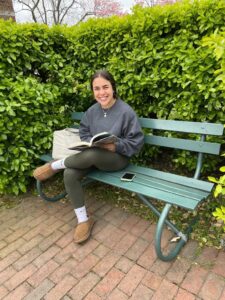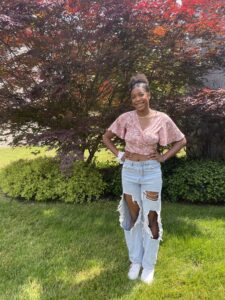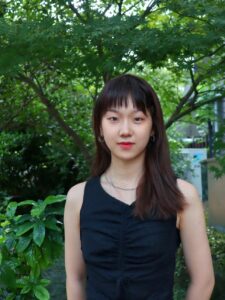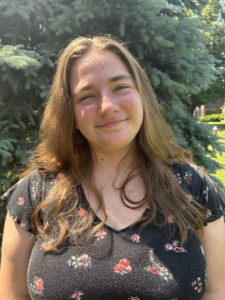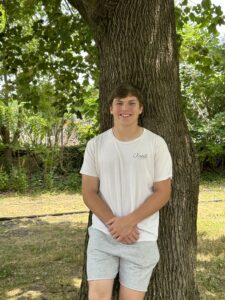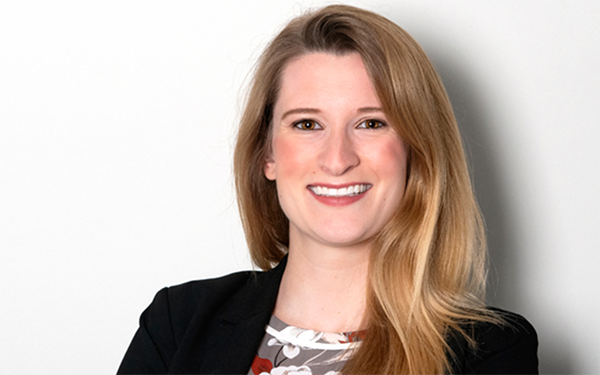
Sydney Burns ’10 launched her legal career from a foundation of learning at George School. During her time as a student, Sydney discovered a passion for philosophy, which she parlayed into a career in law, and found an application for the learning she loves.
“I went to a Quaker elementary and middle school and for many years thought I was going to attend Westtown,” said Sydney. “After I did my overnight visit at George School, I came home and told my parents that I was not going to attend Westtown but wanted to go to George School instead. That is where my journey began. I was on the field hockey and swim teams, got involved with theater, and found my best friend (who I met on day one) at George School.”
George School was foundational in shaping the interests, values, and skills that put Sydney on the path towards becoming a lawyer. “I loved how much I learned from my teachers and how they were a part of my social life at George School as much as my academic experience,” Sydney explained. “They were people who I relied on and enjoyed interacting with.”
Sydney credits her career path to her strong interest in philosophy, which started in Ralph Lelii’s Theory of Knowledge (TOK) class her senior year. In TOK, a philosophy course which encourages critical thinking, Sydney remembers reading Plato’s Allegory of the Cave. “The conversations I had with Ralph in and out of the classroom sparked an interest in philosophy that I further pursued in college,” said Sydney.
While in college, Sydney eventually became serious about law school as her next step—her path was indirect but guided by a strong value system and self-understanding. “My first summer at Smith College, I thought I wanted to pursue a track in psychology, so I interned with a forensic psychologist. Through that experience, I learned that certain aspects of psychology did not match my interests, but I was really excited on the days that the psychologist would go and testify in court. I knew that was where I wanted to be. During my senior year, I worked with a criminal defense attorney who was working on a homicide case, which was interesting since we went to court every day for a month-long homicide trial. That is when I learned that I did not want to be a criminal defense attorney.”
As Sydney embraced the idea of continuing revelation, she took a job right out of college as a paralegal for two years. This experience confirmed that becoming an attorney was what she wanted to do. She attended Boston University School of Law and graduated in 2019. In her last semester, Sydney began working at the law firm Prince Lobel Tye, in the family law department. For the last three years she has continued practicing family law, which is primarily divorce and custody work and involves a lot of in court practice and litigation, but also negotiation, mediation, and everything that fits within the realm of divorce, custody, and the family law world.
Sydney attributes the skills she developed at George School as a major factor in finding success in her career. “George School was instrumental in developing my time management skills,” said Sydney. It was so important for me to find that balance early on because it was such a rigorous curriculum and you’re living away from home at such a young age.”
“What I do is highly emotional since I am working with clients who are often at the worst periods of their lives,” continued Sydney. “So much of what I learned at George School and the Quaker values about empathy taught me how to work with people. I think back a lot to our health class, which had such a focus on mental health, interpersonal relationships, and how to approach conflict. I apply that all the time in what I do—making my clients feel that they are seen and have a voice.”
While Sydney enjoys being in the court room, it is negotiating and resolving a case that gives her the most satisfaction in her job. “Being able to come to an agreement takes a lot of creativity, which people do not ordinarily think of as being part of the law. Trying to find compromises that reflect what both sides are looking for and ways to satisfy both of them takes a lot of hard work. I find it very fulfilling.”
For anyone interested in pursuing a career in law, Sydney offers the following advice, “Have an open mind and look for opportunities to try different things in order to find the right fit for your interests, values, and skills.”

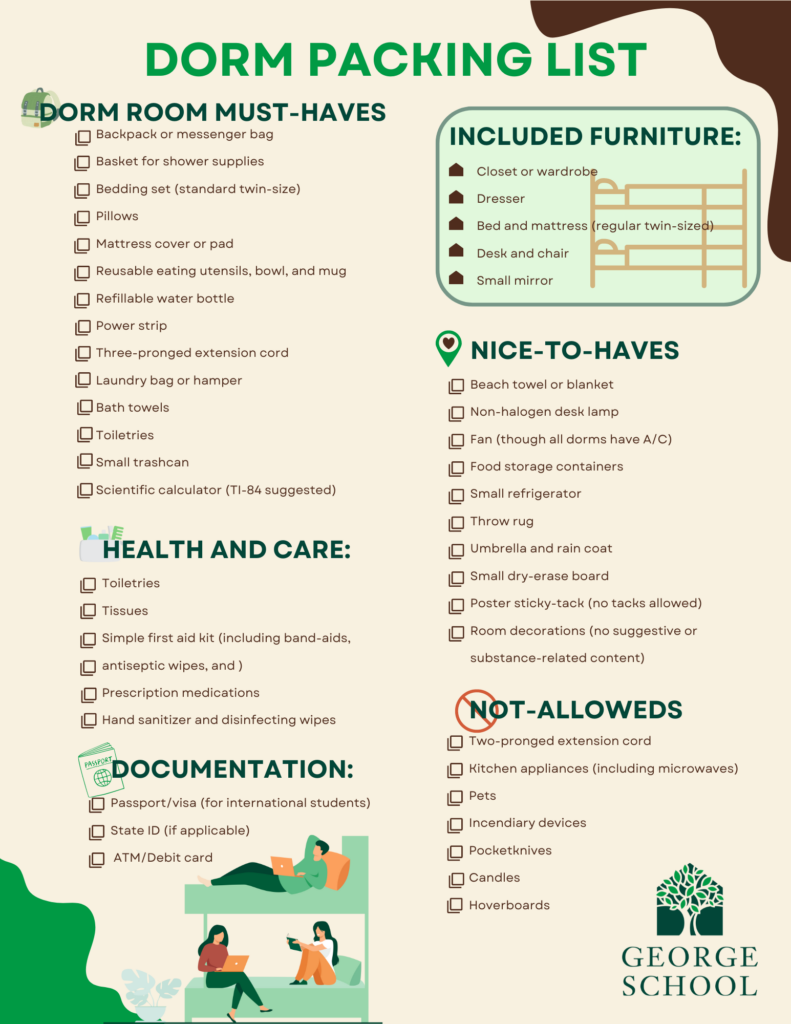
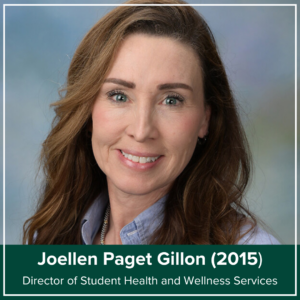 Joellen Paget Gillon (2015)
Joellen Paget Gillon (2015)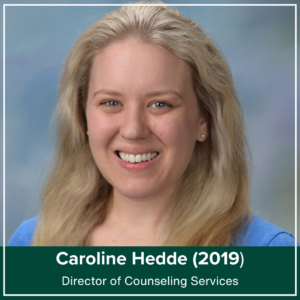 Caroline Hedde (2019)
Caroline Hedde (2019)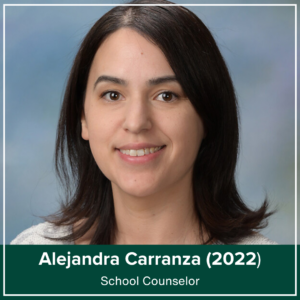 Alejandra Carranza (2022)
Alejandra Carranza (2022)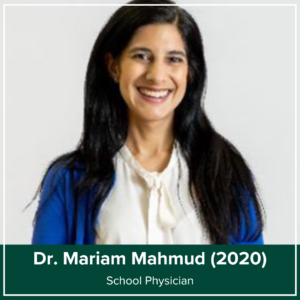 Dr. Mariam Mahmud (2020)
Dr. Mariam Mahmud (2020)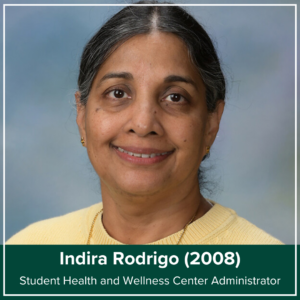 Indira Rodrigo (2008)
Indira Rodrigo (2008)
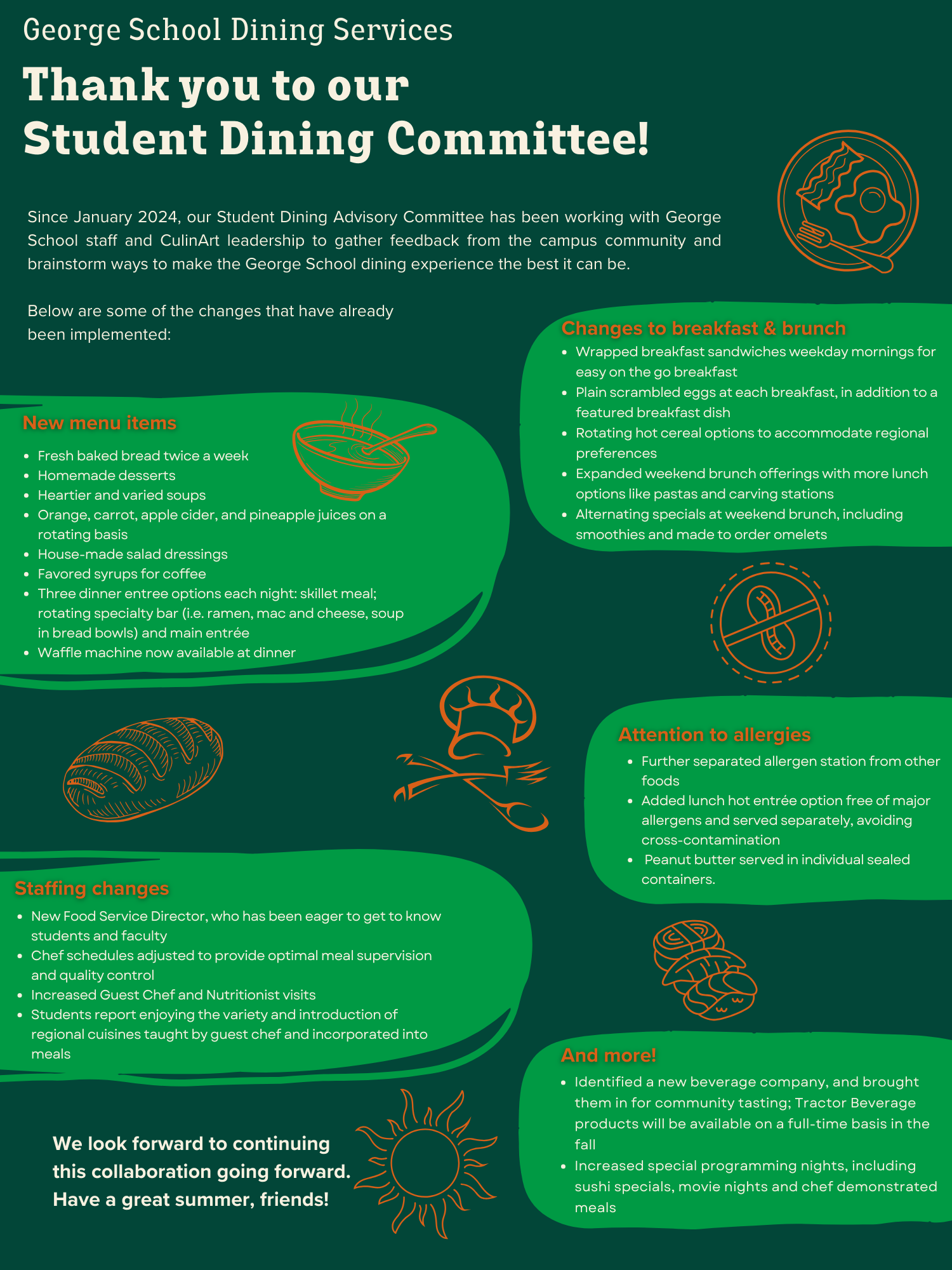
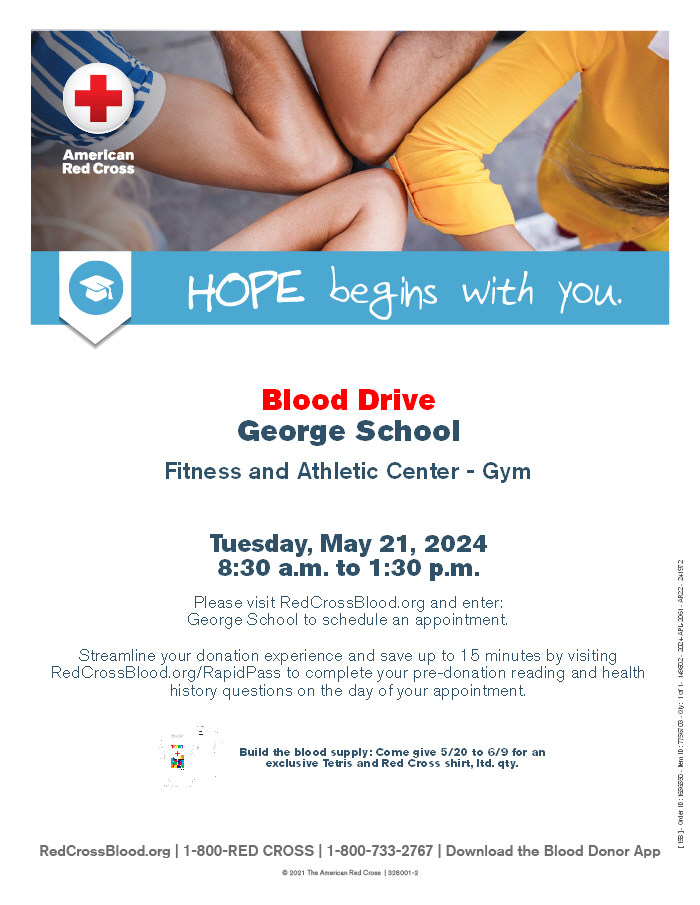



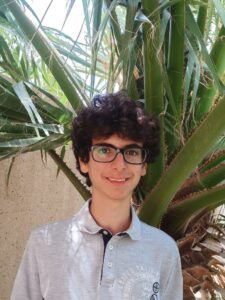 Monastir, Tunisia, and Amman, Jordan
Monastir, Tunisia, and Amman, Jordan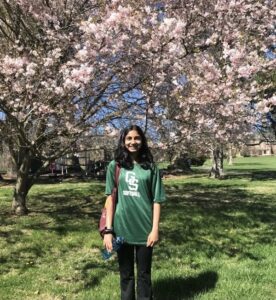 Irvine, CA
Irvine, CA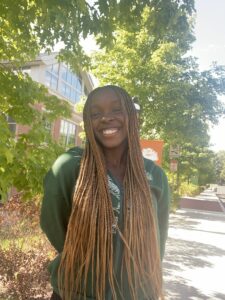 Feasterville-Trevose, PA
Feasterville-Trevose, PA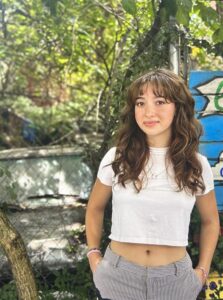 New Hope, PA (Previously NYC)
New Hope, PA (Previously NYC)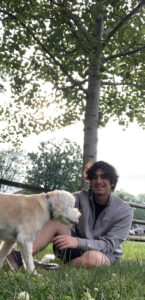 Richboro, PA
Richboro, PA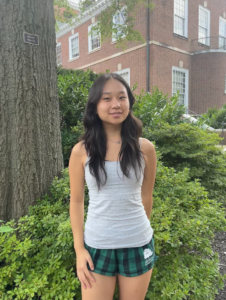 Englewood, NJ
Englewood, NJ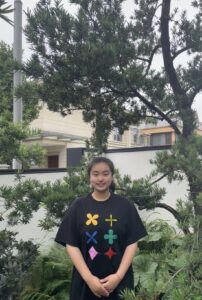 Ningbo, Zhejiang, China
Ningbo, Zhejiang, China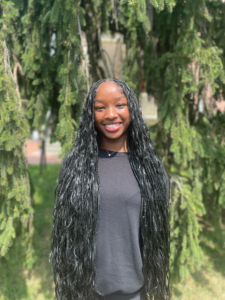 Willingboro, NJ
Willingboro, NJ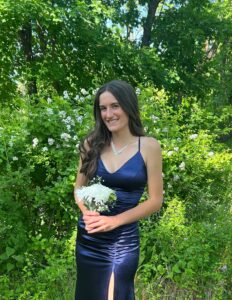 Yardley, PA
Yardley, PA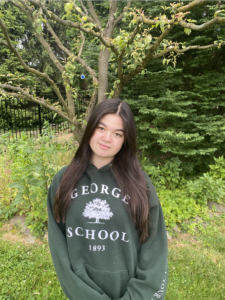 Newtown, PA
Newtown, PA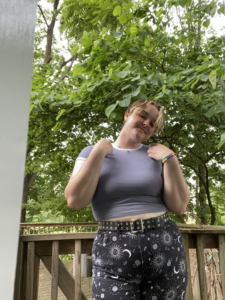 Holicong, PA
Holicong, PA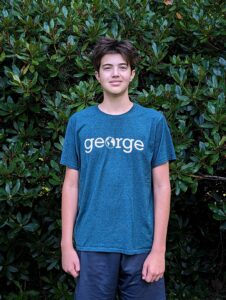 Newtown, PA
Newtown, PA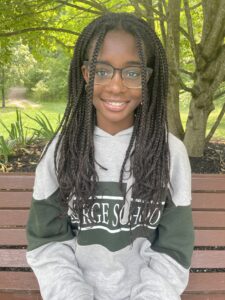 Hamilton, NJ
Hamilton, NJ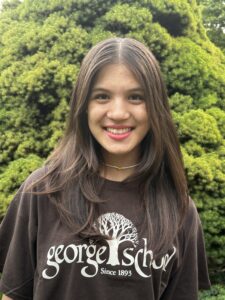 Yardley, PA
Yardley, PA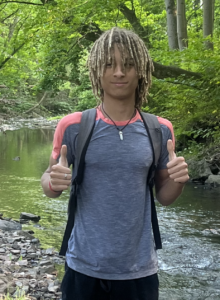 Lambertville, NJ
Lambertville, NJ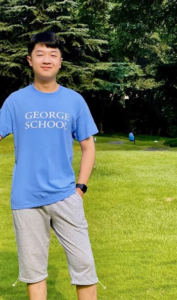 Chongqing, China
Chongqing, China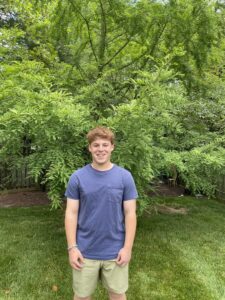 Pennington, NJ
Pennington, NJ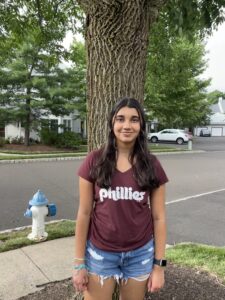 Yardley, PA
Yardley, PA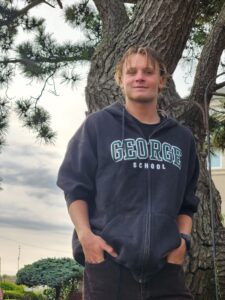 Bensalem, PA
Bensalem, PA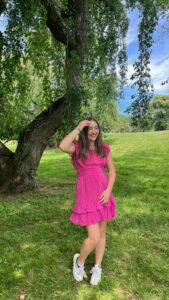 Borgota, Colombia
Borgota, Colombia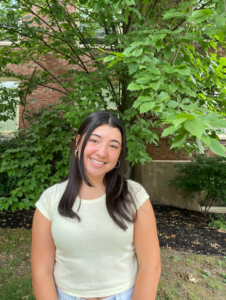 Newtown, PA
Newtown, PA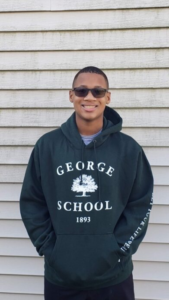 Burlington, NJ
Burlington, NJ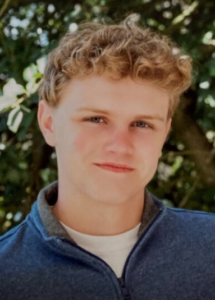 Langhorne, PA
Langhorne, PA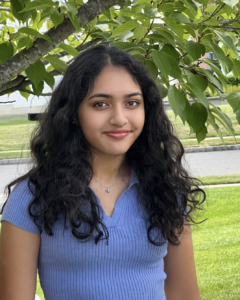 Princeton, NJ
Princeton, NJ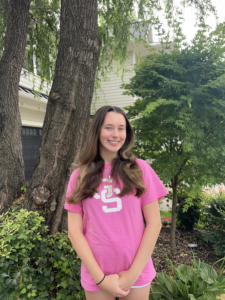 Langhorne, PA
Langhorne, PA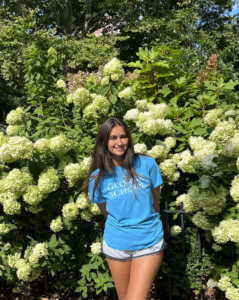 New York City, NY
New York City, NY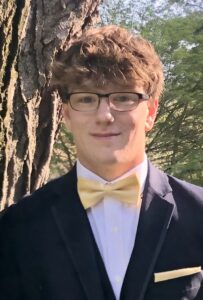 New Hope, PA
New Hope, PA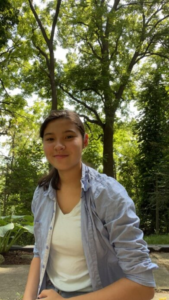 St. Catharines, Ontario, Canada
St. Catharines, Ontario, Canada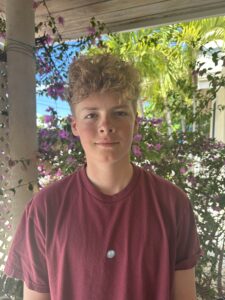 Providenciales, Turks and Caicos Islands
Providenciales, Turks and Caicos Islands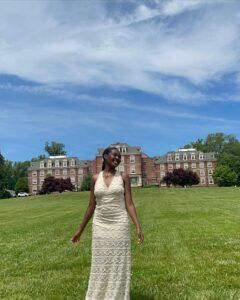 Willingboro, NJ
Willingboro, NJ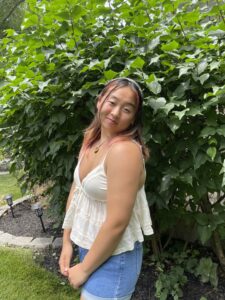 Princeton, NJ
Princeton, NJ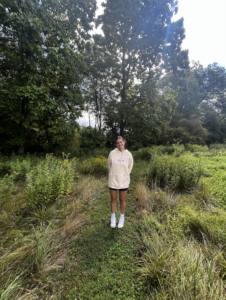
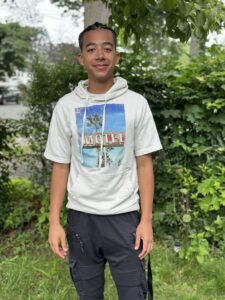 Newark, NJ
Newark, NJ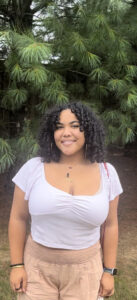 Trenton, NJ
Trenton, NJ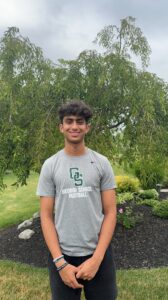 Newtown, PA
Newtown, PA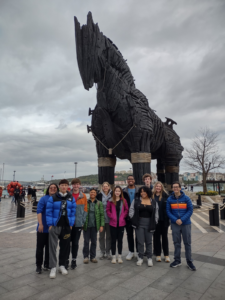
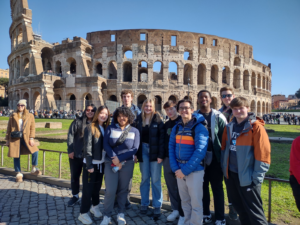
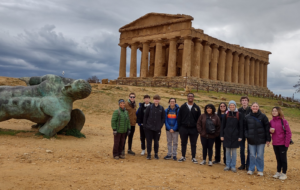




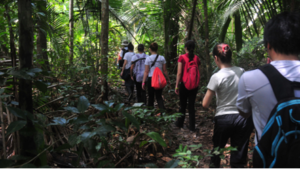
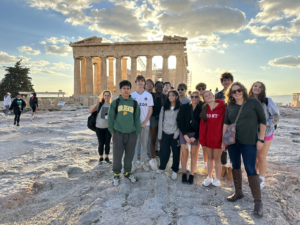
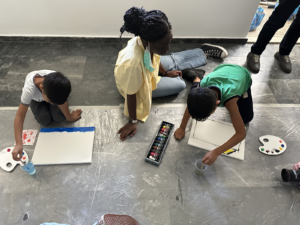
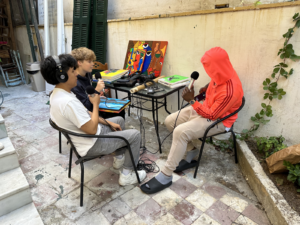
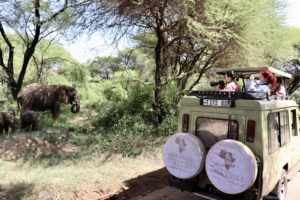
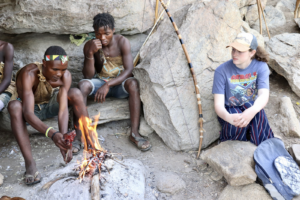
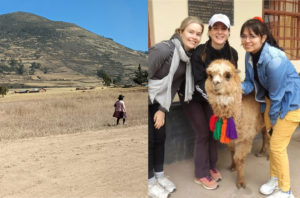

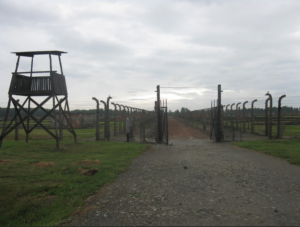
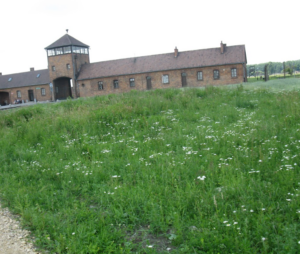

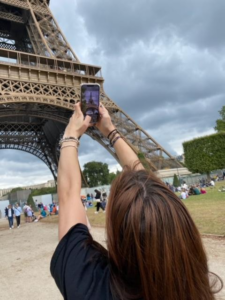
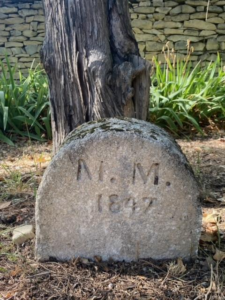
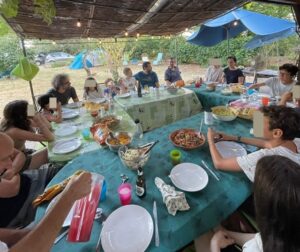
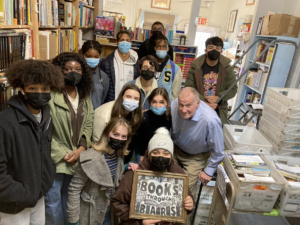
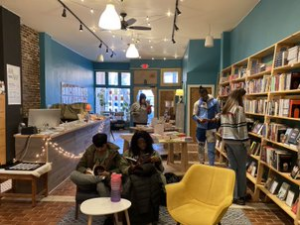
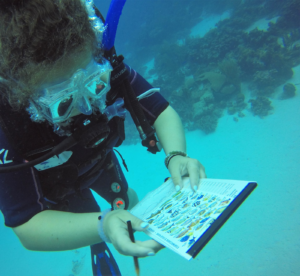
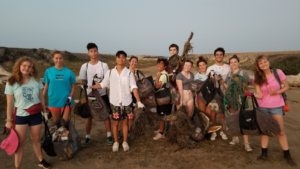
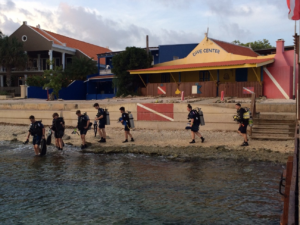
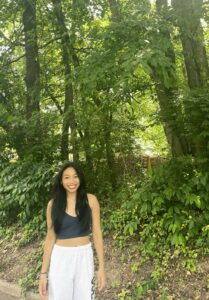 Lawrence, NJ
Lawrence, NJ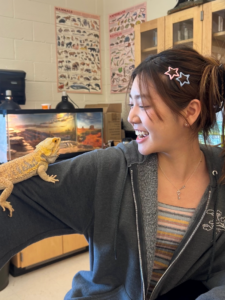 Seoul, South Korea
Seoul, South Korea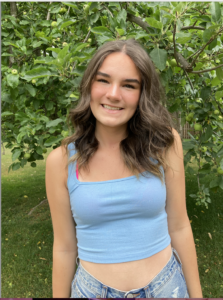
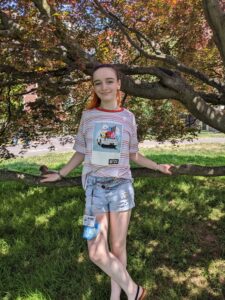 Milwaukee, Wisconsin
Milwaukee, Wisconsin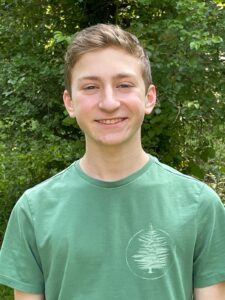 Pennington, NJ
Pennington, NJ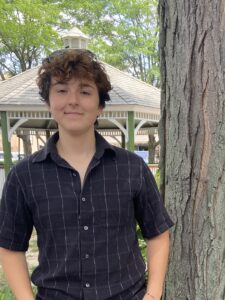 Jenkintown, PA
Jenkintown, PA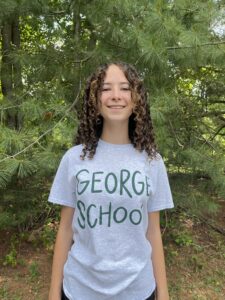 Ottsville, PA
Ottsville, PA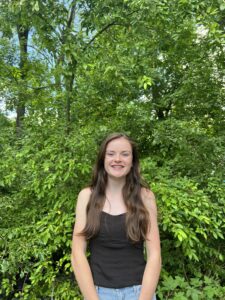 Yardley, PA
Yardley, PA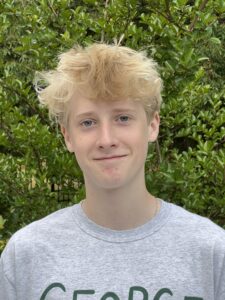 Providenciales, Turks and Caicos Islands
Providenciales, Turks and Caicos Islands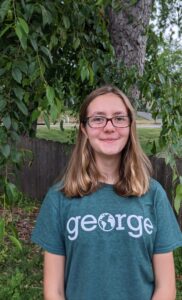 Hopewell, NJ
Hopewell, NJ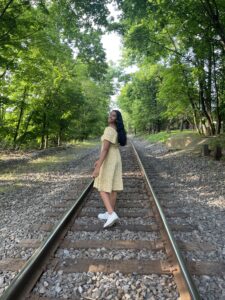
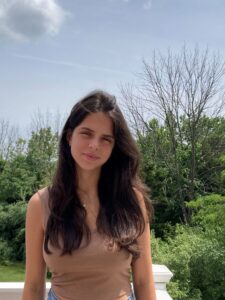 Pottstown, PA
Pottstown, PA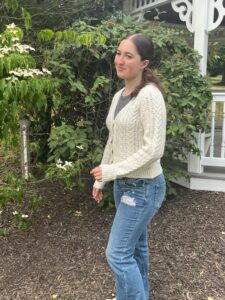 Playa del Carmen, Quintana Roo, México
Playa del Carmen, Quintana Roo, México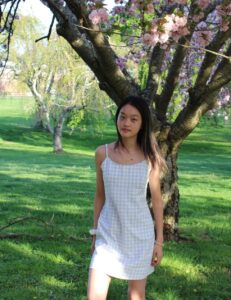 Shanghai, China
Shanghai, China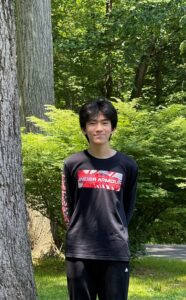 Beijing, China
Beijing, China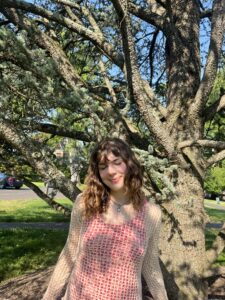 Yardley, PA
Yardley, PA Beijing, China
Beijing, China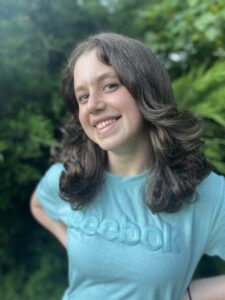 Holland, PA
Holland, PA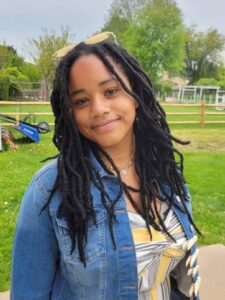 Langhorne, PA
Langhorne, PA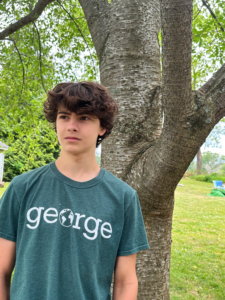 Ringoes, NJ
Ringoes, NJ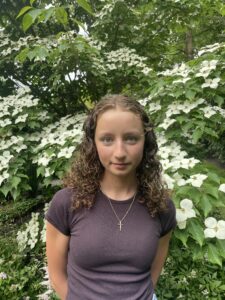 New Hope, PA
New Hope, PA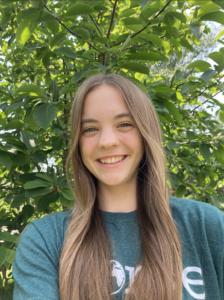 Dreshner, PA
Dreshner, PA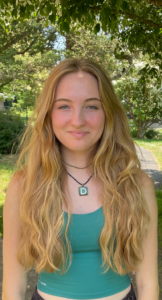 Yardley, PA
Yardley, PA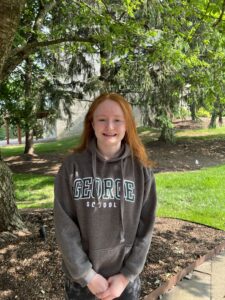 Yardley, PA
Yardley, PA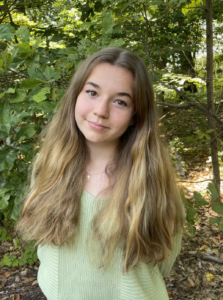 PA
PA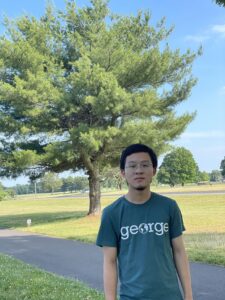

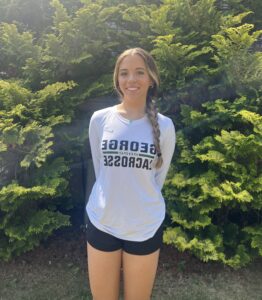
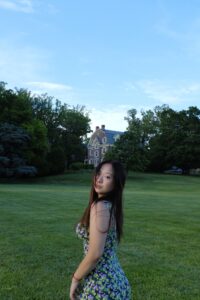 Xi’an, China
Xi’an, China